30+ Best Picture Losers That Really Should Have Won
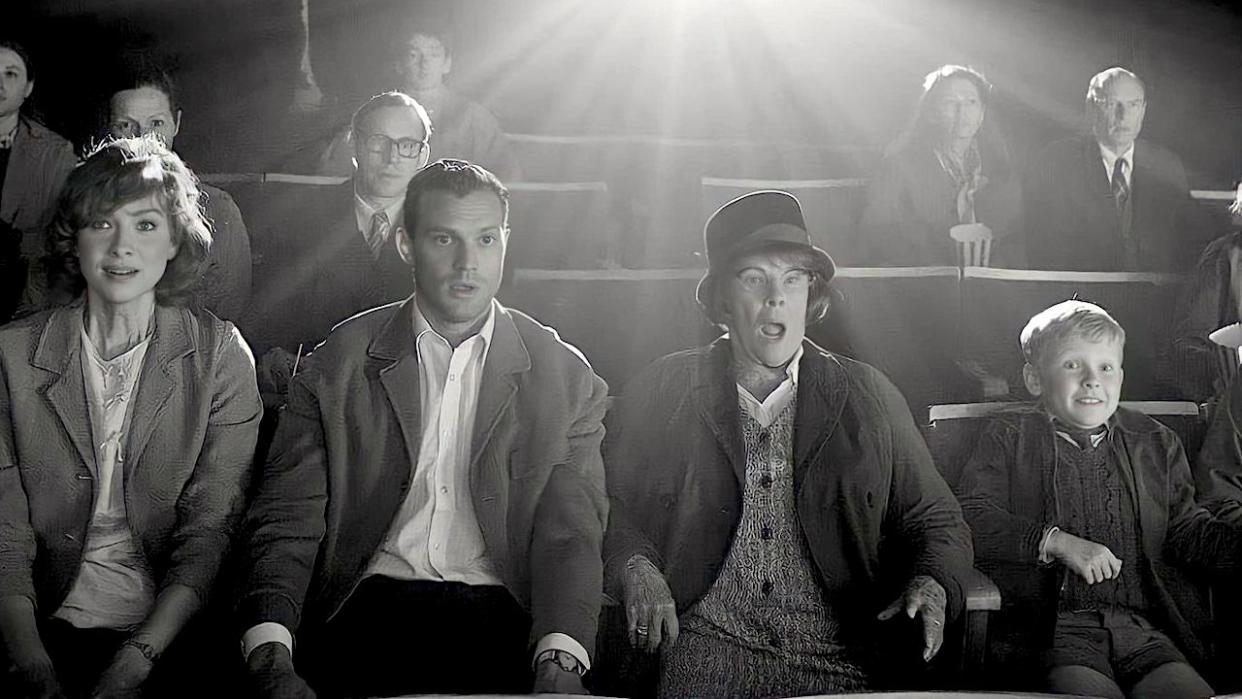
Every year, the Academy Awards ends with the honors of Best Picture being announced to the world. Admittedly, the Academy doesn’t always get it right. For every Lord of the Rings: Return of the King, there’s a potential Crash to take its place the next year. So let’s talk about the Best Picture losers that really should have won, and why these golden competitors deserved more.
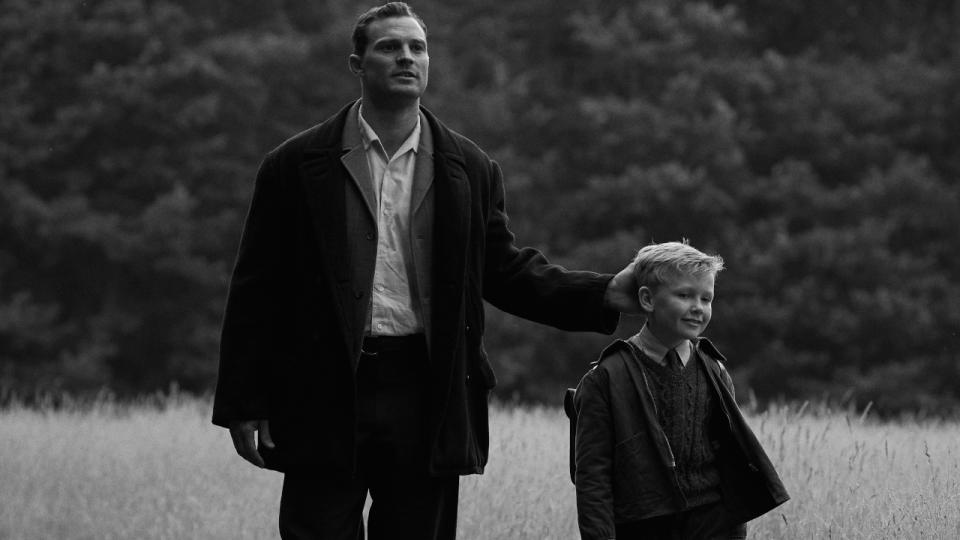
Belfast
Kenneth Branagh’s bittersweet story of Buddy (Jude Hill) growing up during The Troubles in Ireland was bested by CODA as the top of the 2022 Academy Awards winners lineup. It was a surprising upset that made history for streaming originals, but it also left a beautifully formed tale of childhood and struggle behind in the dust.
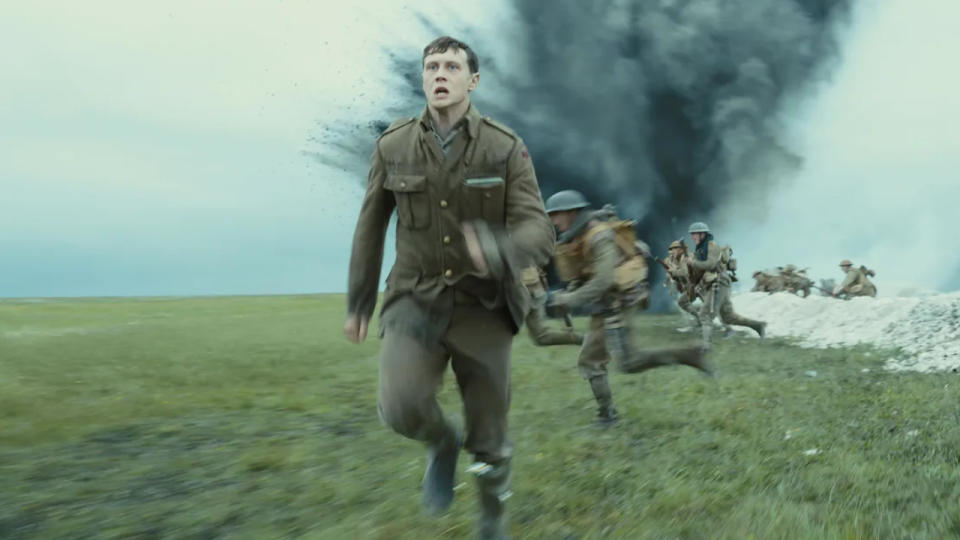
1917
Bong Joon-ho’s darkly comedic Parasite, was an absolutely sterling choice for Best Picture. However, looking back on 2019’s films to be honored, Sam Mendes’ 1917 was both a technical and emotional marvel. Depicting World War I through what looked like a single take, the powerful film should have emerged victorious.
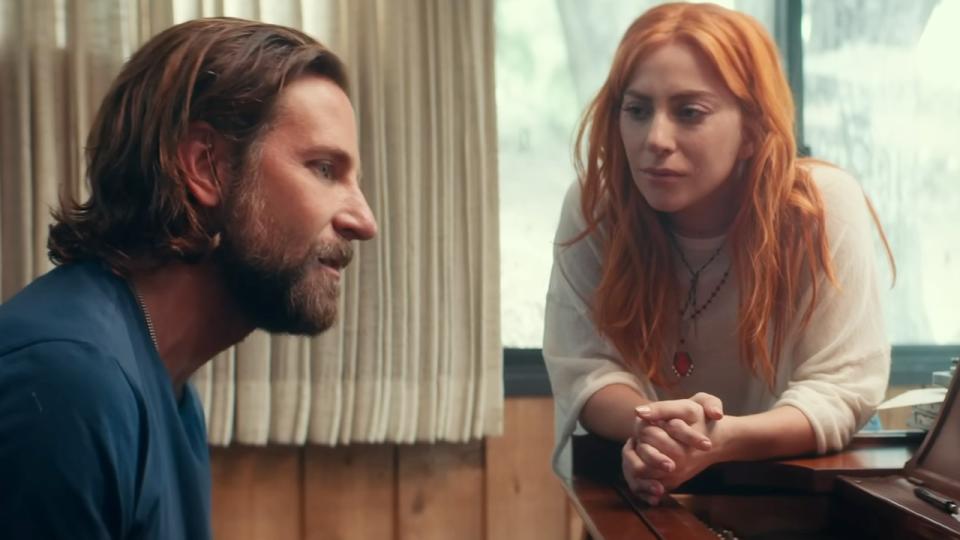
A Star Is Born
On the sliding scale of egregious wins/losses at the Oscars, 2019’s Academy Award winners possess one of the most upsetting upsets in the show’s entire history. Director/star Bradley Cooper’s A Star is Born failed to secure the win over Peter Farrelly’s Green Book when it came time to award the top prize. You can still hear the screams from that night floating through the air, if you listen close enough.
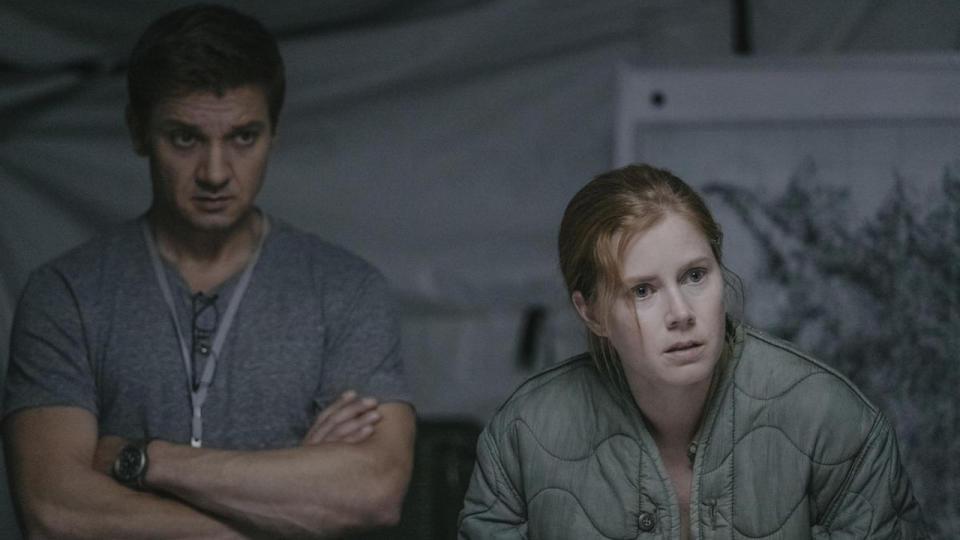
Arrival
2017’s Academy class of nominees saw La La Land and Moonlight duking it out for Best Picture honors, right to the epic Oscar night mistake that saw victory proclaimed and reversed in the same moment. If only Arrival had seen its fortunes faring better as the true BP winner, perhaps this whole incident could have been avoided entirely. We’ll never truly know.
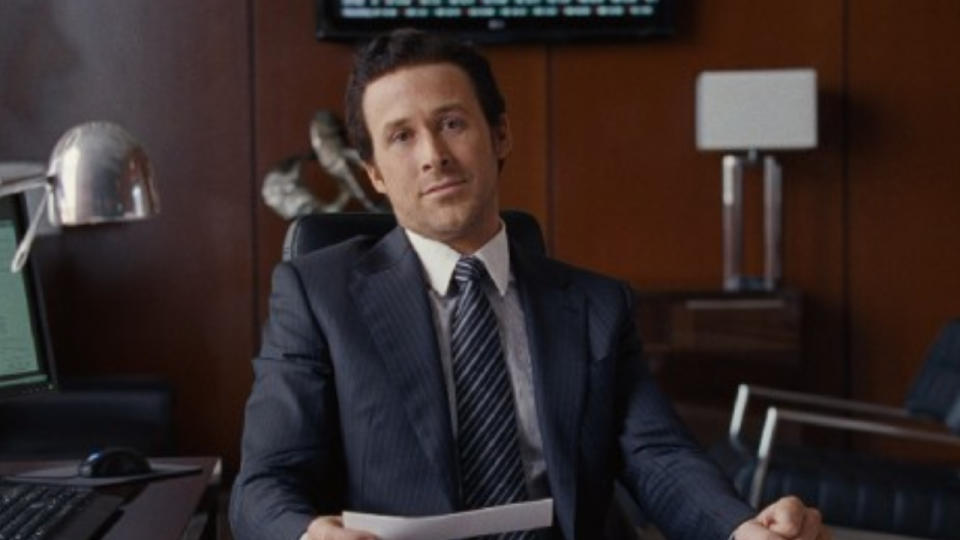
The Big Short
How strong of a year did the Oscars have in 2016? There are several movies that could have handily taken the prize, despite the fact that Spotlight’s Best Picture win is still something to celebrate. Much like that true-to-life drama, Adam McKay’s The Big Short was a movie that tackled personally identifiable issues and should have won the top prize in the process.
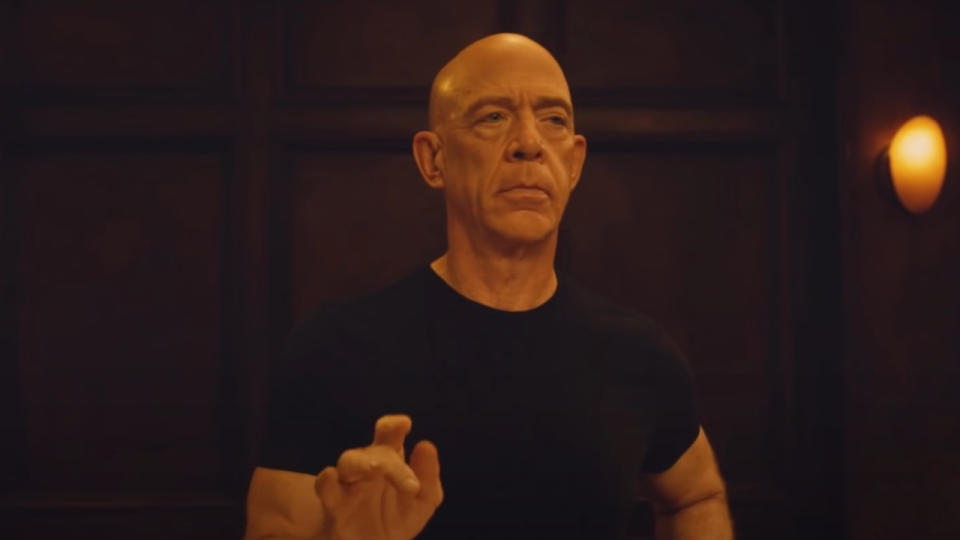
Whiplash
You could very easily mention Birdman’s 2015 win in a room of movie fans and draw a fair amount of sighs and cheers. At the same time, if you said something like "Whiplash was the true best picture of 2014," you just might hear a more unified response supporting that very claim.
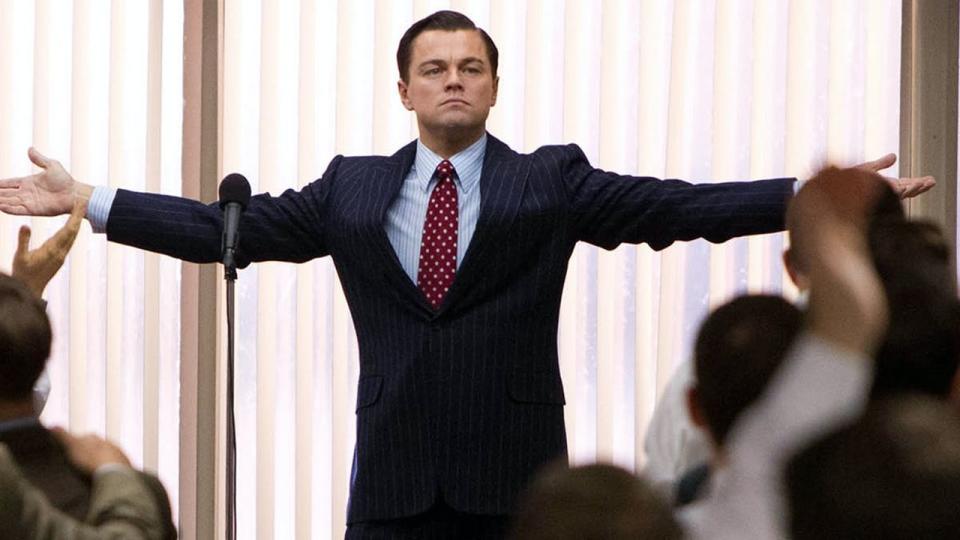
The Wolf of Wall Street
Oh, The Wolf of Wall Street, how you deserved so much more. Though 12 Years A Slave took the top prize, 2014’s Best Picture race did have some other competitors that felt as deserving as the winner. What’s even crazier than this film not winning is that Margot Robbie wasn’t even nominated for her star-making performance.
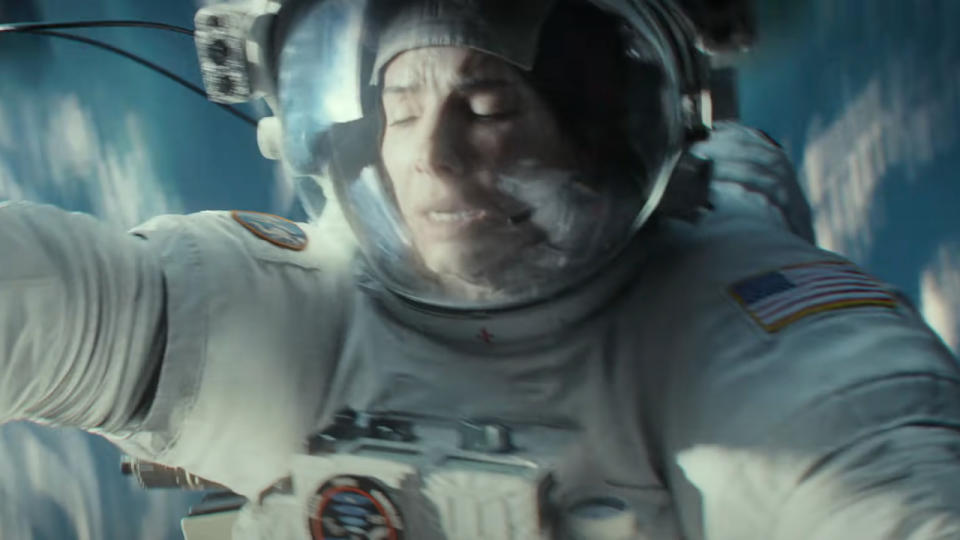
Gravity
Another heavy hitter that looked like it might take Best Picture in 2014 was Alfonso Cuarón’s Gravity. Though it was nominated in the same class as Wolf of Wall Street and 12 Years A Slave, Sandra Bullock’s bad day in space was an absolutely golden flick that should have triumphed.
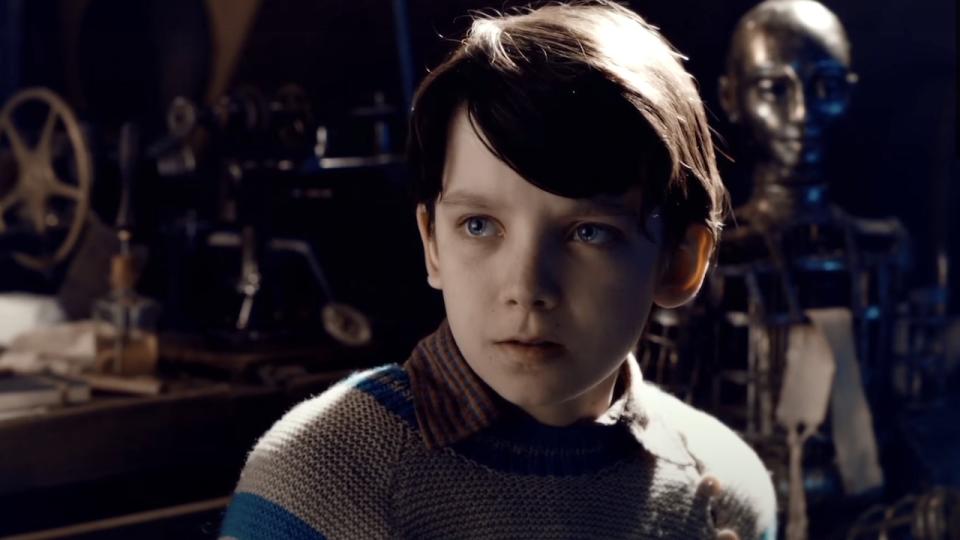
Hugo
2012 gave the world another divisive Best Picture winner that’s still questioned to this day: The Artist. However, if Hollywood wanted to honor the art of filmmaking, with another movie made with visual gimmicks and a story full of heart and emotion, Martin Scorsese’s Hugo would have been a fantastic choice for the honors.
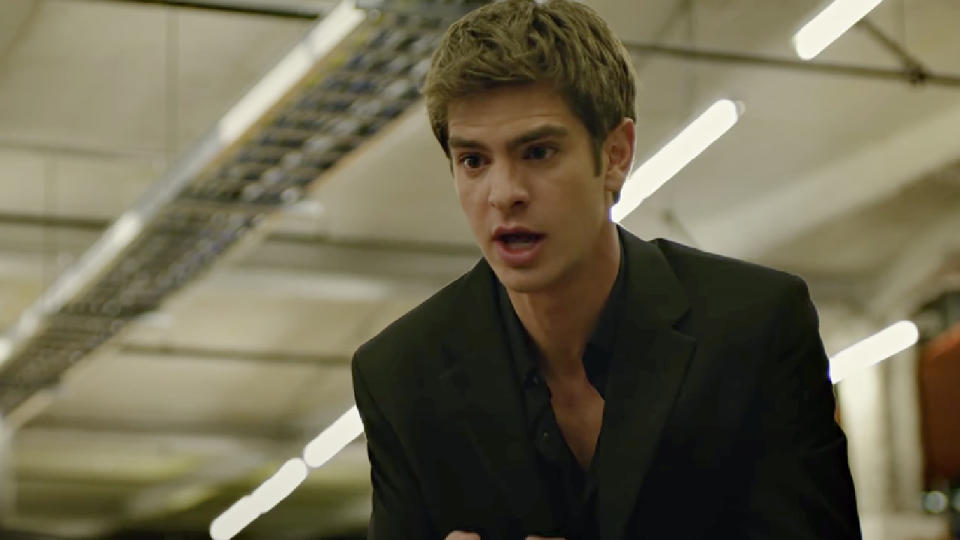
The Social Network
Some upsets in the category are so large the world tends to skate over history in favor of a more fitting result. 2011’s victory for The King’s Speech is definitely present, since just as we’ll continue to call out Andrew Garfield deserving an Oscar nod, we’ll continue to highlight how The Social Network should have been the top movie of this Academy Awards scrum.
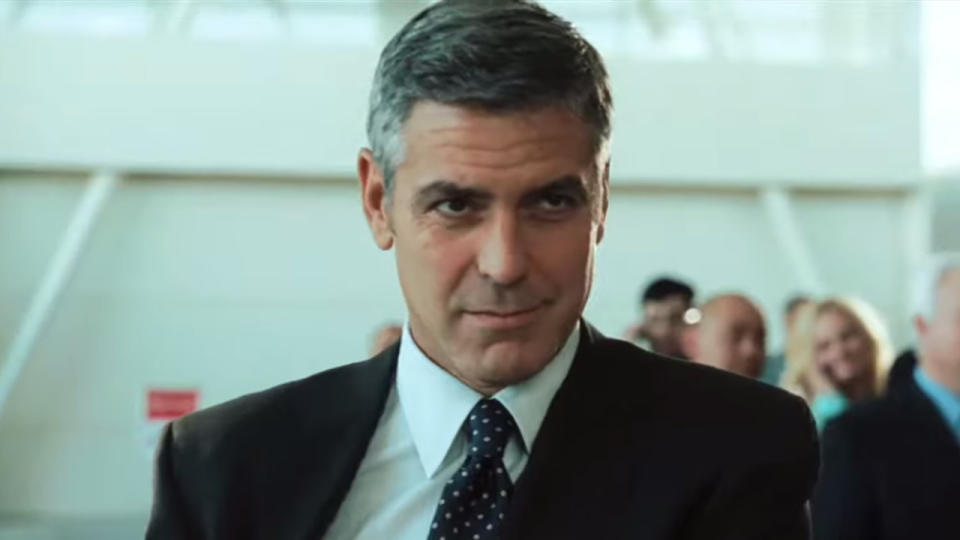
Up in the Air
The first year of the modern Academy Awards with an expanded Best Picture field, The Hurt Locker was named the top flick of its class. And yet another story about wounds that cut personally and professionally should have really been the belle of the ball. It’s ok: Jason Reitman’s Up in the Air will still reign in our hearts, even if the Academy was not so kind.
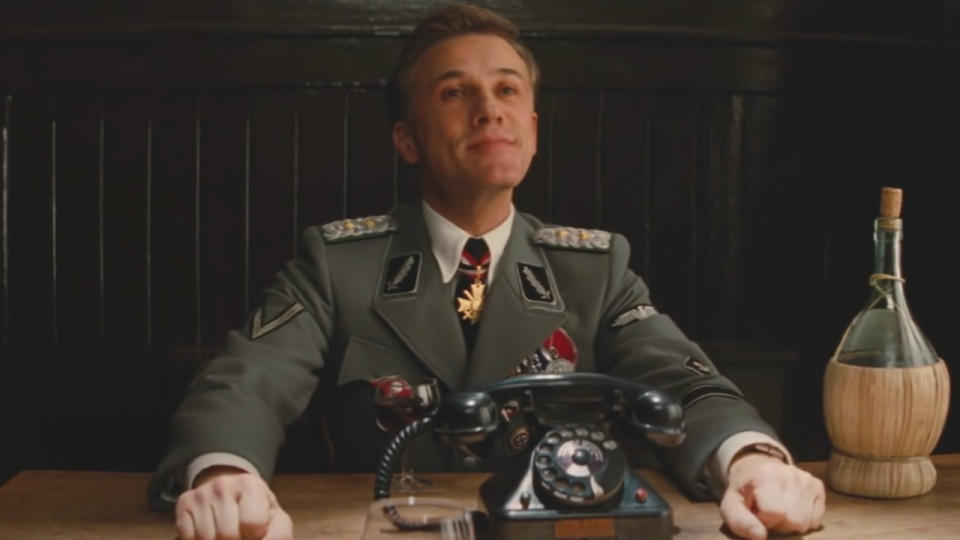
Inglourious Basterds
Some might argue that with a newly expanded nominee field came some nominations for movies that could have won the “popular film” Oscar. If anyone tells you Inglourious Basterds is one of those movies, you look them straight in the eye and ask them to repeat it. This just might be Quentin Tarantino’s masterpiece, and that's a bingo.
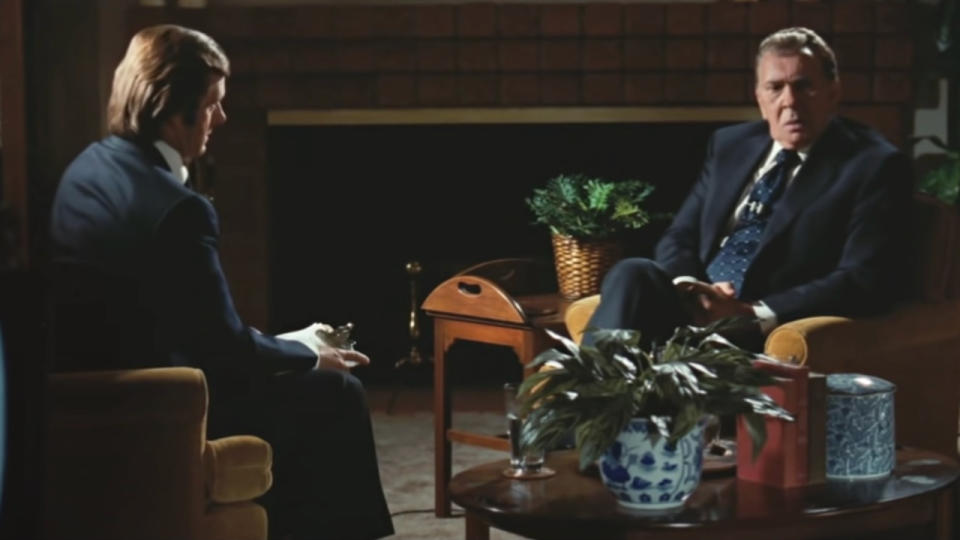
Frost/Nixon
History comes alive at its best in movies like Frost/Nixon. Watching the verbal sparring match between Michael Sheen and Frank Langella was one of the joys of the film. Ultimately, No Country For Old Men took the top prize at the 2009 Academy Awards, but there’s a silent majority that would make the case for this being the truly deserving title.
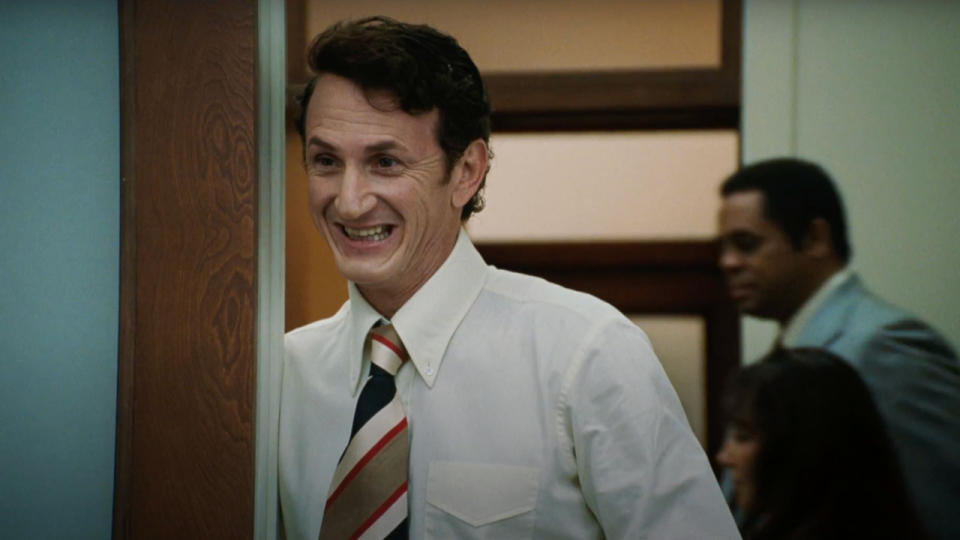
Milk
At once deeply heartwarming and utterly tragic, Gus Van Zant’s Milk chronicled the life and loss of openly gay politician and activist Harvey Milk (Sean Penn). A member of the highly competitive year that saw No Country For Old Men win top honors, the picture deserves extra consideration to this day.

Michael Clayton
Some years are just too good in the history of film, and it’s a shame there aren’t more ties for movies that equally deserve the win. No Country For Old Men saw itself at the heart of that very storm as the victor of 2008’s Oscars. That being said, good luck trying to make a case against Michael Clayton being the true victor of that year, especially with that explosive finale.
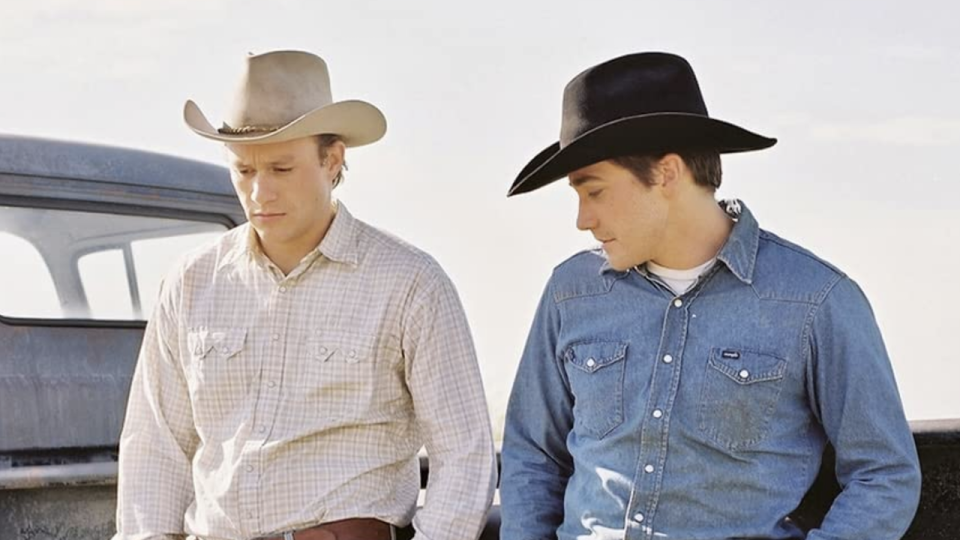
Brokeback Mountain
Mark 2006 down as yet another Oscar competition where the winner was marked as a controversial bad kid of the family. Crash would take the top prize, but you could already hear viewers openly questioning why Brokeback Mountain’s heartbreaking tale of forbidden love didn’t make the grade.
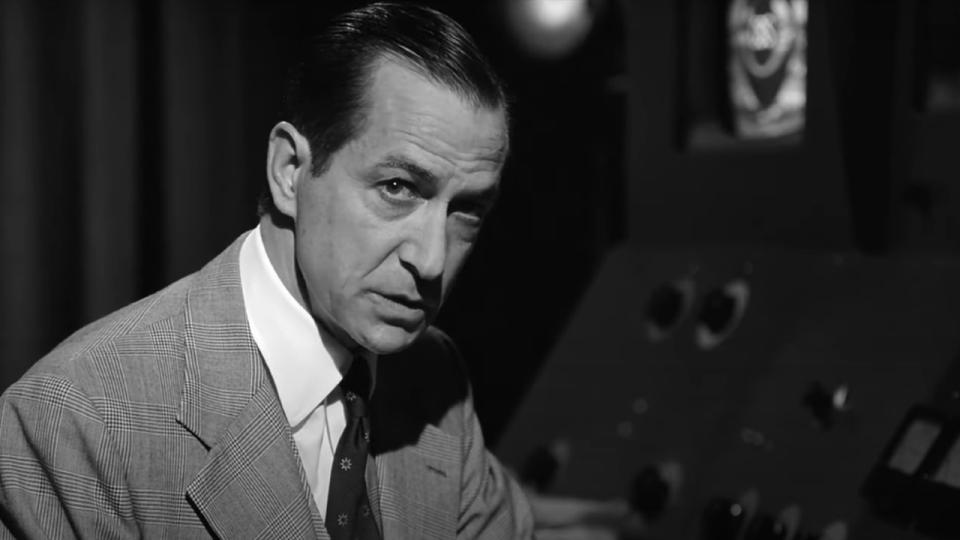
Good Night, And Good Luck
Crash’s 2006 win saw a field of better, more competitive films losing out on the Best Picture moniker. Even with George Clooney walking away with a Best Supporting Actor win for Syriana, the loss of his directing/co-writing efforts in Good Night, and Good Luck still remains one of the most notable mistakes. At least the film made the list of CinemaBlend's 100 Best Movies of the 2000s, and rightfully so.
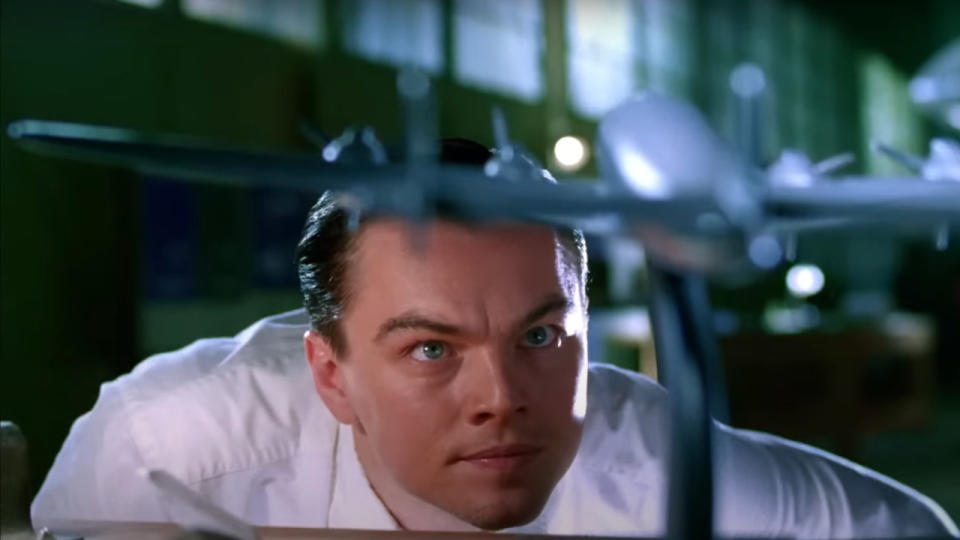
The Aviator
How, how, how did Million Dollar Baby beat The Aviator in 2005’s Best Picture race? Martin Scorsese’s historical drama brilliantly danced between celebrating old Hollywood opulence while also diving into the tortured psyche of Howard Hughes (Leonardo DiCaprio). Scorsese eventually scored a big win with The Departed a couple years later, but this loss still stings quite a bit.

The Green Mile
When Stephen King goes to the Oscars, his work goes in style. Just five years after Frank Darabont sent The Shawshank Redemption to its Best Picture showdown, the legendary collaborator scored another nod with The Green Mile. American Beauty won that year, a win that over time and consideration makes this King loss all the more upsetting.

Saving Private Ryan
Saving Private Ryan feels like a movie that should have, without question, won a BP trophy at the Oscars. That feeling was firmly in place right until the night the actual victor, Shakespeare in Love, took home its spoils. Go ahead and take some time to punch the floor if you have to. It’s perfectly natural.
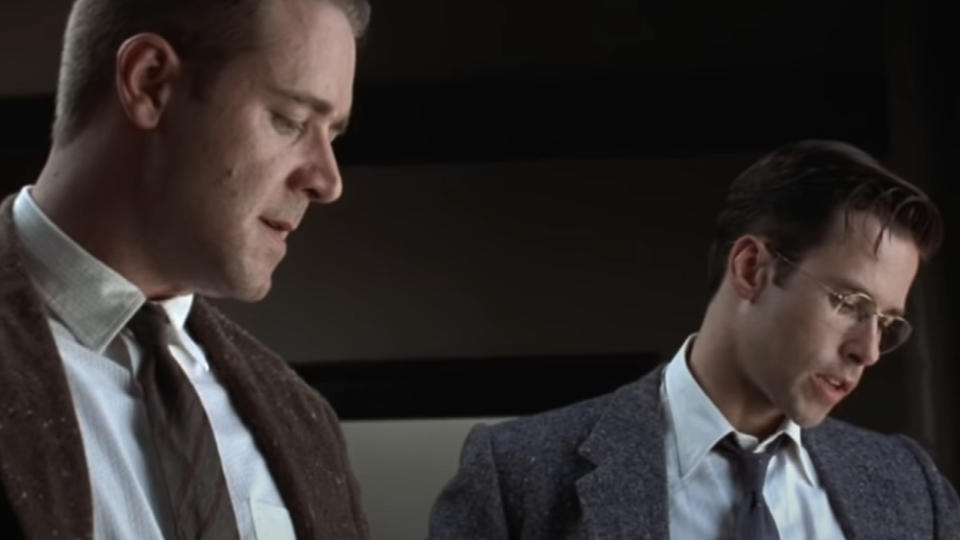
L.A. Confidential
Titanic truly was the ship of dreams for James Cameron and most everyone involved in its production. It was a mythic victory that made history for years to come, but was it really the correct choice? When the BP race that included that film also featured L.A. Confidential within its ranks, you don’t need to be a detective to know the real answer.

Apollo 13
Here’s an interesting Academy Awards two-step: in 1995, Forrest Gump won Best Picture, but it probably shouldn’t have. Meanwhile,1996 saw Mel Gibson’s Braveheart winning those same honors; the same year that the Tom Hanks starring Apollo 13 should have brought home the gold.
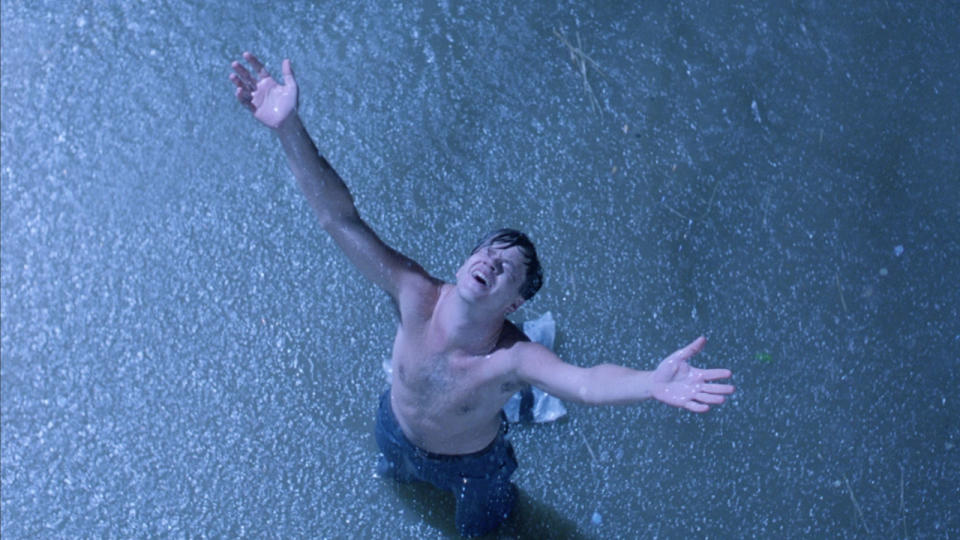
The Shawshank Redemption
Frank Darabont’s The Shawshank Redemption is a perfect movie; full stop. Darabont’s adaptation of Stephen King’s fairy tale for adults is still a well-regarded picture to this very day, standing as one of the best films of all time. And yet it couldn’t beat Forrest Gump for the big prize at the 1995 Oscars. I wish I could tell you that was the right choice.

Goodfellas
As far back as Oscar watchers can remember, the loss of Goodfellas to Dances With Wolves was one of the worst upsets to behold at the Academy Awards. Whether you’re a clown or not, that competition was not funny or amusing and may have inspired some fans to swear as much as Joe Pesci has in his entire career with Martin Scorsese.

Working Girl
1989's Oscars were all about Rain Man fever, as Tom Cruise and Dustin Hoffman's dramedy took home that year's top prize. Which is fine and good but, if the Academy wanted to reward that genre in a better fashion, director Mike Nichols' Working Girl was right there, waiting for the chance. At least Carly Simon's iconic "Let The River Run" won Best Original Song in that same year, so the Melanie Griffith/Harrison Ford/Sigourney Weaver love triangle didn't go home empty handed.
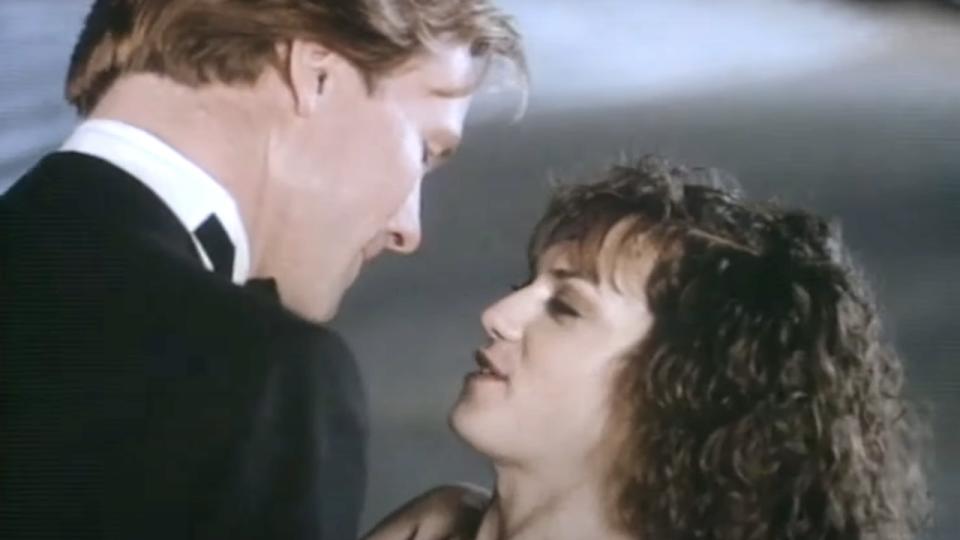
Broadcast News
The Last Emperor is the movie that won the 1988 Academy Award for Best Picture; at least that’s what it says in the history books. And yet, there’s quite a bit of room for doubt, when taking into account that the powerhouse dramedy Broadcast News was also up in that same race. At the same time, the movie’s loss is one that Albert Brooks’ Aaron Altman would view as just another day at the office.
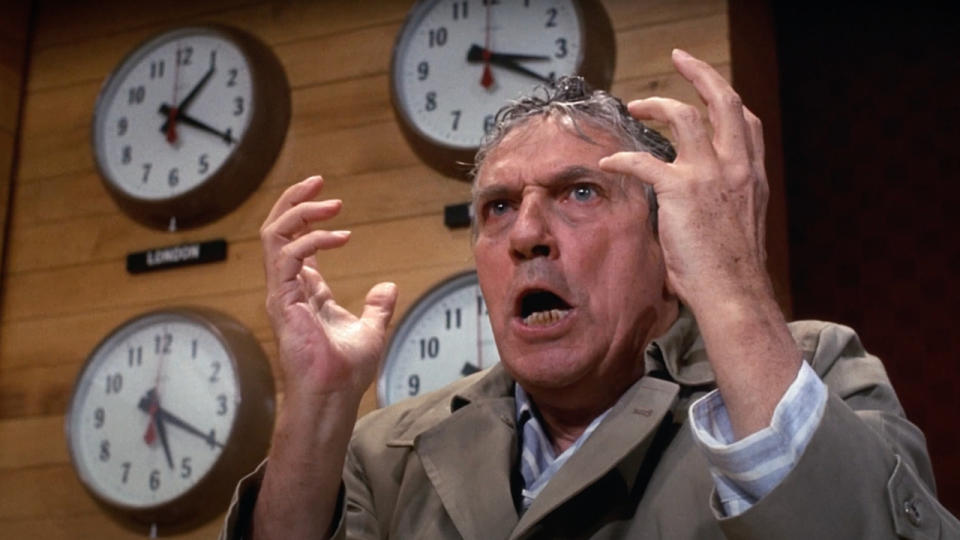
Network
1977 was a red hot year in Academy history, as Rocky became the underdog to rise up and claim ultimate Oscar victory. While the flick's place in the pantheon of sports movies is without question, the presence of Sidney Lumet’s Network in that same contest makes me wonder if the right choice was made, or if anyone else is as mad as hell that this satire wasn’t chosen as the top film.
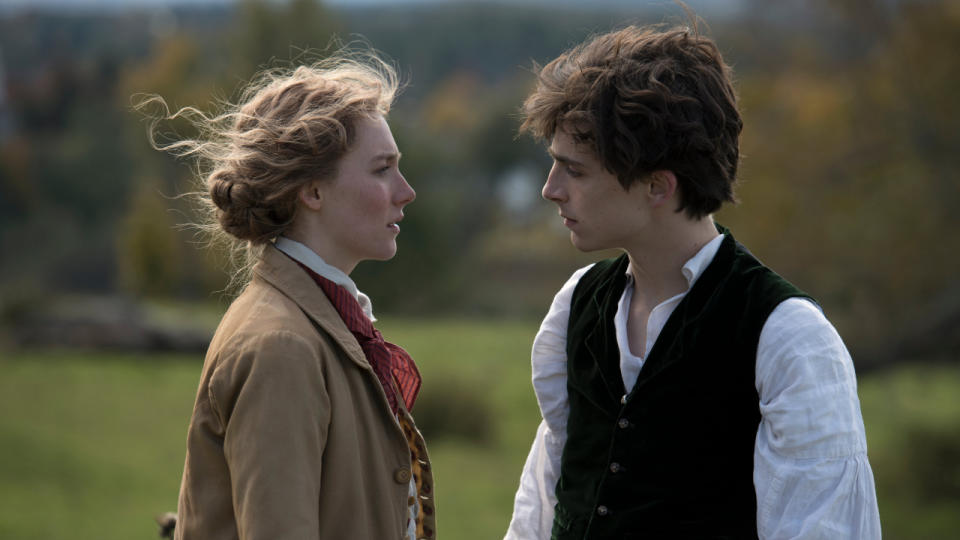
Little Women
Greta Gerwig not being nominated for directing Little Women is an Oscar travesty. But the fact that the movie failed to win Best Picture in 2020 just makes that fact even more heartbreaking. And considering how the movie's story breaks viewers' hearts with a classic and well-known piece of literature, it’s even more aggressively aggravating.
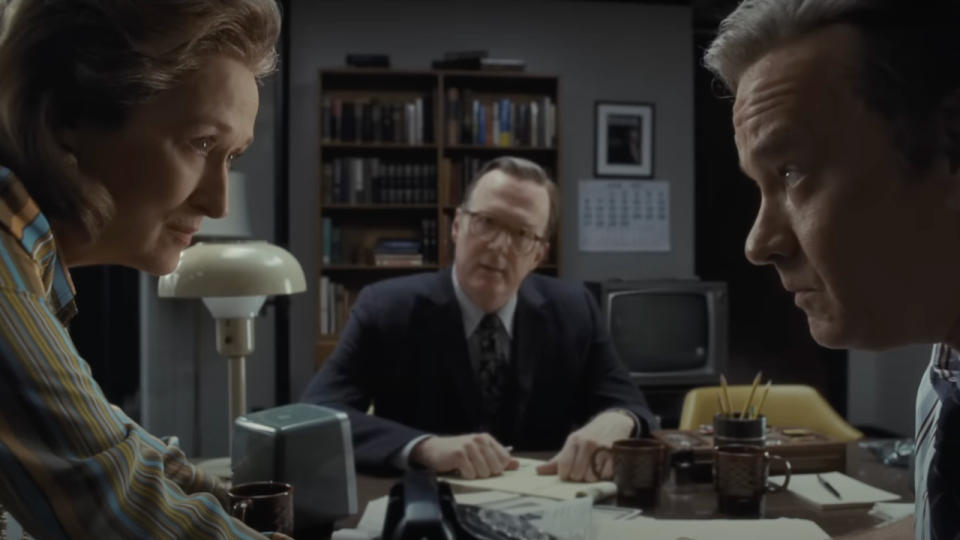
The Post
The Shape of Water absolutely deserved Best Picture in 2017, especially when it came to striking a blow for genre films at the Oscars. Even with that in mind, Steven Spielberg’s political/journalistic epic The Post is admittedly a more traditional pick that stands as one of the best “What If” cases in Academy Awards history.
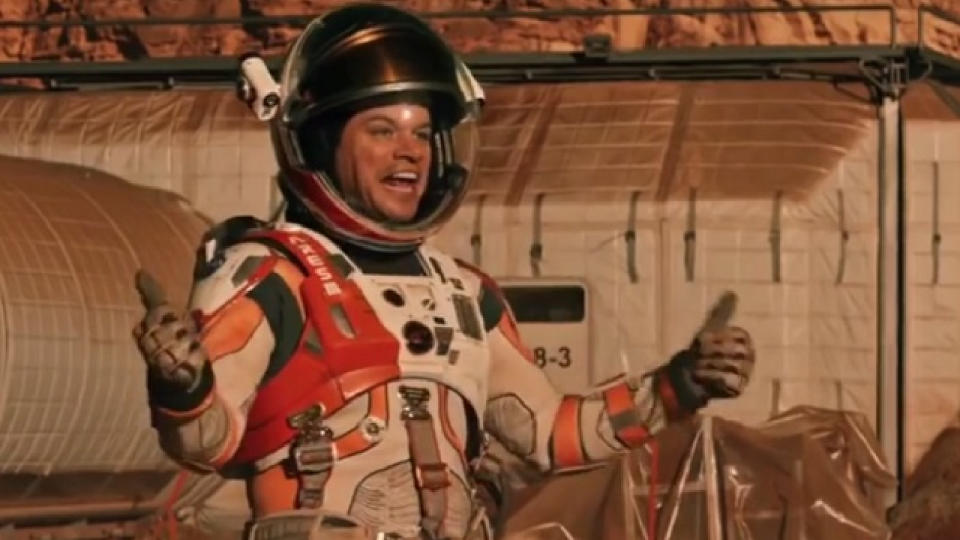
The Martian
Admittedly The Martian is a movie that, while technically being a work of science fiction, rides the lines of more traditional Oscar genres rather well. You can argue whether it’s a comedy or a drama contender, especially thanks to the Golden Globes debacle that inspired that same question. What you can’t argue is that Ridley Scott’s adaptation of Andy Weir’s novel wasn’t a prime contender for the Academy's biggest honor in 2016.
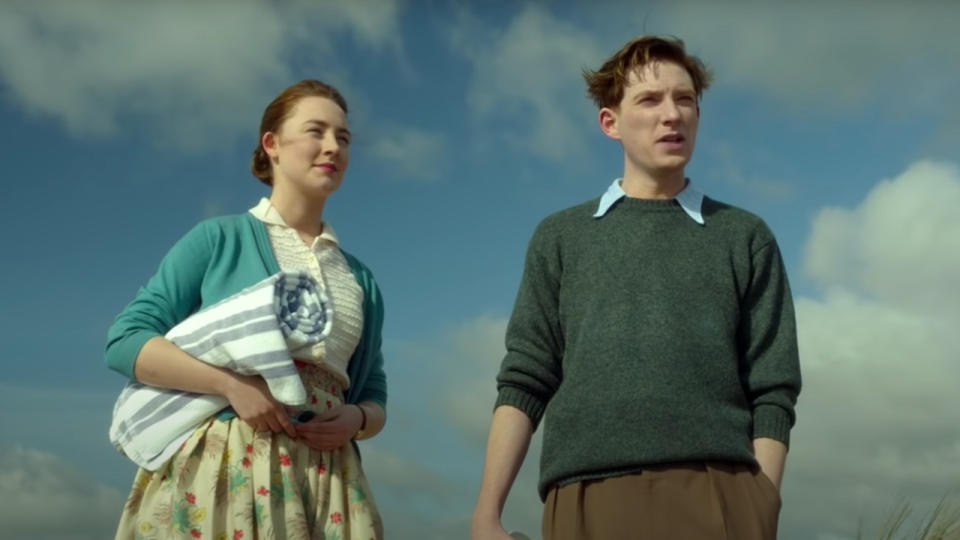
Brooklyn
Director John Crowley’s Brooklyn was a quietly effective story that recounted the immigrant experience and all of its highs and lows. But not all of the beauty in the world could push this film ahead of Spotlight in 2016’s Oscars race; and that’s something that will continue to stick out for as long as we keep these records.
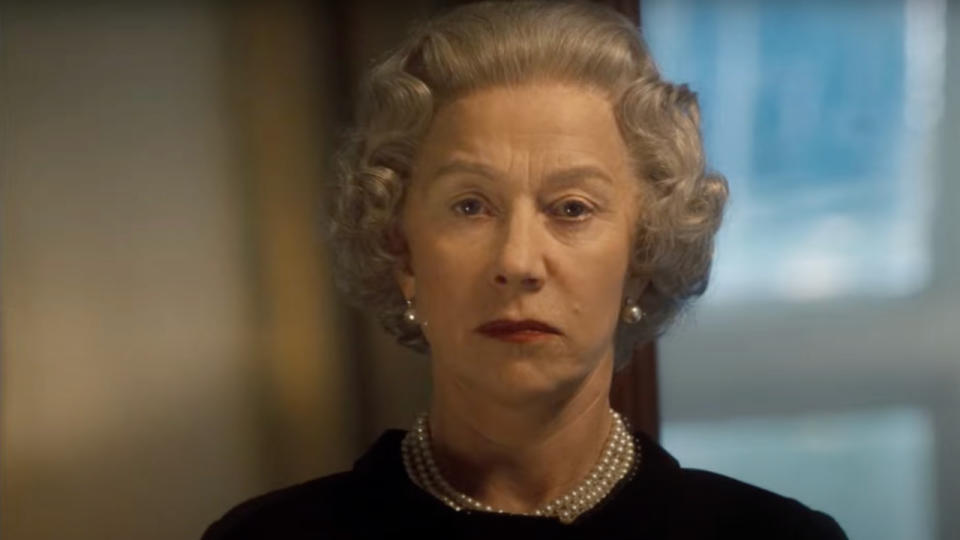
The Queen
2007 saw Martin Scorsese winning pretty huge for The Departed, after losing some well-fought battles with films like Goodfellas and The Aviator. At the same time, Stephen Frears’ The Queen was sitting right there, expertly navigating the story of Princess Diana’s death and how Queen Elizabeth II (Helen Mirren) worked though the ensuing public fallout.
Even royalty can somehow be overlooked at the awards show, proving how unpredictable this long-held tradition truly can be. The Academy Awards have always been a night of winners and losers, and all anyone can do is hope that the right balance between both sides is struck.
But there will always be a history of people arguing over who the real winners were, as you can see with the films we’ve highlighted above. So when things don’t go the way you hoped on Oscar night, take comfort in the fact that there’s usually someone that’ll be in that same corner you’re cheering from.
